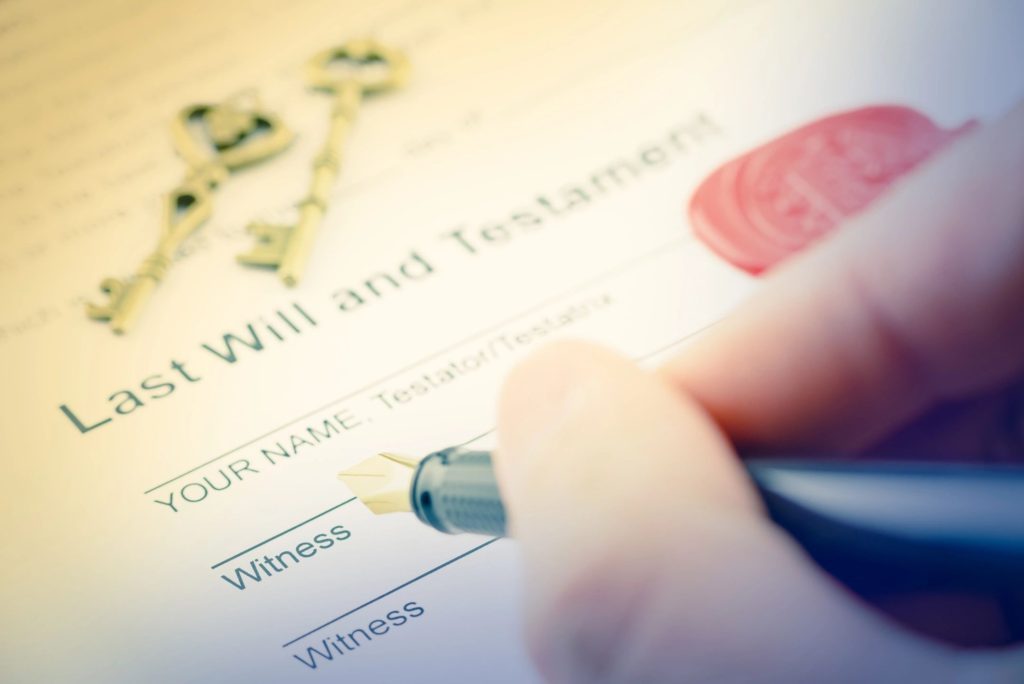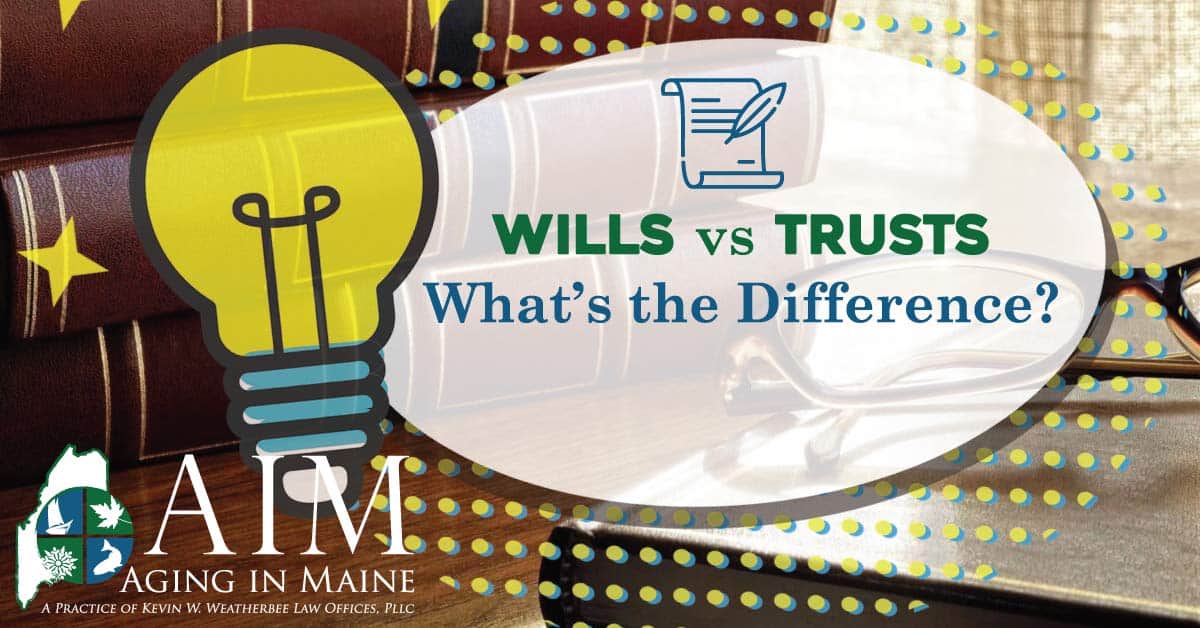Roughly half of Americans don’t have a will, so if you’ve already taken this vital step to protect your assets and successors, congratulations are in order – you’re already ahead of the curve. While a will is a necessary document that every person who owns assets should have, it is still a relatively simple document that may not cover everything you want it to. You may want to consider creating an estate plan that involves the use of a living trust, plus other important documents like a power of attorney for finances and health care directives.
Simply put, an estate plan is a more extensive framework than a will, detailing not only the allocation of your estate upon your passing but also the administration of your assets should you become disabled and incapable of making financial or medical choices. Estate plans can save you and your successor’s substantial amounts of money in court costs, legal fees, and taxes.
Consider the following items when creating an estate plan:
Do you have/are you expecting children/grandchildren?
This is one of the most important factors to consider when creating an estate plan. Beyond appointing a guardian to take care of minor children, you may also need to appoint a conservator who will manage the assets your successor(s) will inherit when they reach the age of majority.
You may have assets that already contain a beneficiary designation such as a transfer on death (TOD) account. If not, then your will may be used to instruct who will receive such assets.
Minimize probate and maximize privacy.
An estate plan that uses a living trust will allow your heirs to move through the administration process as quickly and efficiently as possible. With only a will, a process called probate must be used at your death. Information brought forward in probate court is public knowledge and all of the terms of your will plus the assets you own will become part of the public record. Also, probate can be very expensive. Even an uncontested probate could take longer than a year to pass through probate court and attorney’s fees and court costs can start to add up. Constructing an estate plan with an attorney before probate can help avoid most of these costs and loss of privacy.
Consider your digital information.
One thing that’s often forgotten, but necessary in today’s digital age, is what happens to your online information after you die? A significant portion of our daily activities takes place online, which can lead to various challenges for your family following your passing. For example, if you invest or bank online, it can be an incredible hassle for your heirs to decode your online financial life. Consider storing your passwords in a safe place and then give access through a power of attorney to someone you trust who will be able to help your family manage your online footprint. An estate planning attorney will be able to sit down with you and go through your online accounts and help you decide which ones will need attention in the event of your death or disability.
Location and size of your estate.
The Tax Cuts and Jobs Act of 2017 doubled the size of the federal estate tax exemption to $11.2 million for a married couple. That means unless your estate is larger than $11.2 million, you may be exempt from paying federal taxes on it. However, you may be subject to state-level estate taxes depending on where you live. There are currently 17 states, and the District of Columbia, that impose some sort of estate or inheritance tax Maine is one of them. You can read more about Maines Estate Tax.
In the process of creating an estate plan, one must evaluate a multitude of other considerations, some of which can be quite complex. Please do not hesitate to reach out to our office if you wish to meet with an estate planning attorney to discuss how best to protect your legacy. Give us a call at (207)848-5600 to schedule your consultation today!




